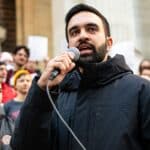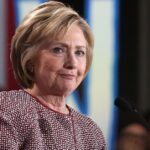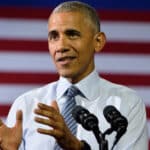



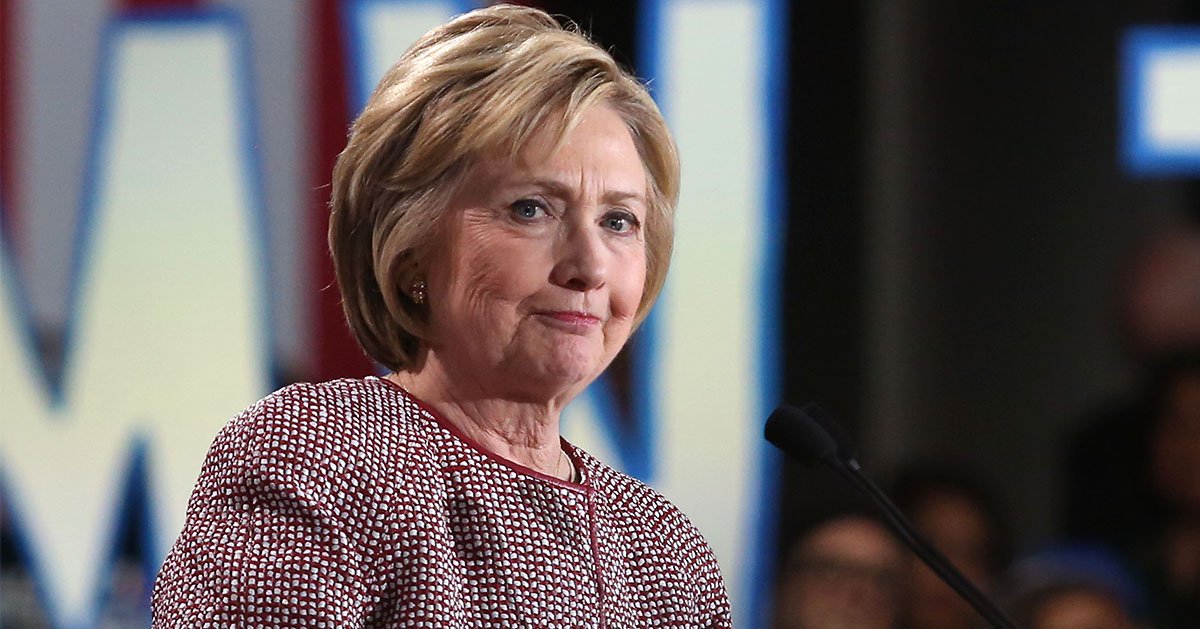
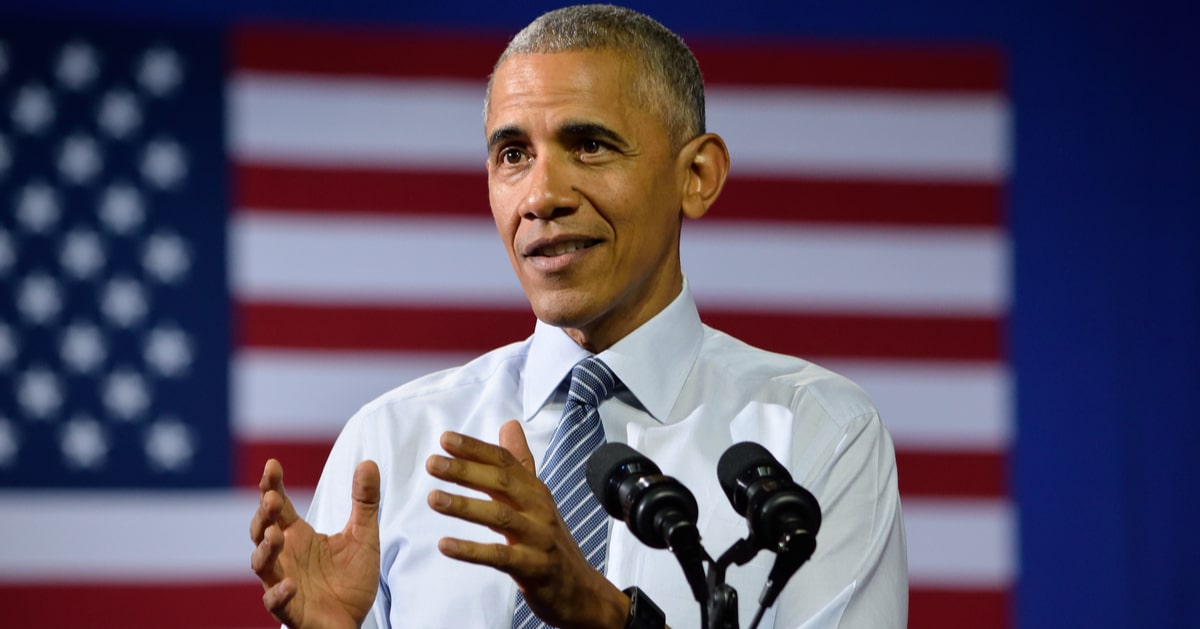
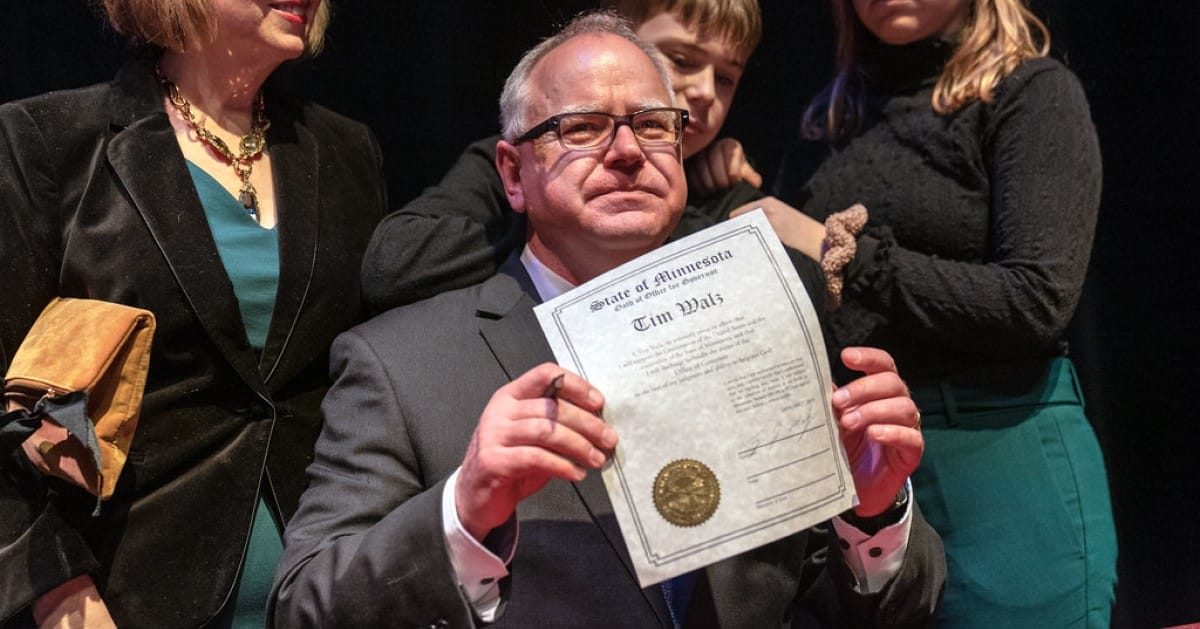


Former President Barack Obama covertly opposed Vice President Kamala Harris's ascension as a Democratic nominee, a new book reveals.
Fox News reported that his concern over Harris's viability as a candidate led him to advocate for an open primary or convention, despite President Joe Biden's endorsement of Harris after his withdrawal.
Details in Jonathan Allen and Amie Parnes’s book shed light on Obama’s intricacies behind Harris’s journey to the candidacy.
According to their insights, Obama was hesitant about Harris's ability to win the general election, and he placed efforts to create an opportunity for alternative candidates. The former president preferred to keep options open for other potential contenders instead of backing Harris outright at the time.
Obama reportedly communicated his reluctance to fully endorse Harris immediately following Biden’s departure from the race. The book's authors mention that despite President Biden's quick backing of Harris, Obama required several days to align with that decision.
"He worked really behind the scenes for a long time to try to have a mini-primary or an open convention,” said Jonathan Allen, emphasizing Obama’s lack of faith in her ability to win.
Obama’s suspicion regarding Harris as the best choice advanced into active involvement when he scheduled a critical call with Congressman James Clyburn. On the day Biden exited the race, Obama intended to discuss the situation, prompting Clyburn to swiftly pledge support for Harris ahead of the call.
Further tension appeared within the context of advice Biden gave Harris during the campaign. The book describes Biden urging Harris to remain steadfastly loyal to his policy positions, advising her through a phone call before a debate to protect his legacy. The sentiment of "No daylight, kid," underscores Biden's expectation of allegiance from Harris.
Simultaneously, Harris confronted criticism over her perceived lack of independence from Biden’s policy positions.
Her appearance on "The View" confirmed her stance as she declared no deviation from the actions Biden took during his presidency. This positioning by Harris maintained Biden’s influence over her prospective governance style during her campaign.
Obama’s underlying efforts did not preclude his principled endorsement of Harris. Five days after Biden stepped aside, both he and Michelle Obama publicly supported her, uniting behind the Democratic ticket.
This series of events paints a picture of a complex political landscape, where key Democratic figures, such as Obama and Clyburn, played pivotal roles in the orchestration of endorsements and support.
Clyburn's perception of Obama’s intentions during their conversation heightened the urgency for him to act. Describing the scenario, Allen noted, "Clyburn thought to himself, this guy is going to try to rope me into the open convention thing." It was a catalyst for Clyburn’s endorsement of Harris, ensuring a brief conversation on the matter with Obama thereafter.
Harris herself has faced scrutiny over her campaigning strategies and alignments. The reflections on her position, as explored through public platforms like "The View," suggest a direct continuation of Biden’s policies. This allegiance is both an asset and a potent point of debate, with voters questioning the degree of change she might offer.
These accounts call into question the internal negotiations and dynamics between President Biden and Vice President Harris. While loyalty to one's predecessor is a common theme in transitions, the balance Harris managed amidst growing expectations speaks to her political approach.
The greater Democratic strategy reflects a decision to rally behind a united front to fortify voter confidence.
Ultimately, the narrative unfolds across the backdrop of a turbulent political arena, with prominent leaders and their decisions influencing forthcoming election cycles. The nuances of Obama's discreet opposition become key elements in understanding the trajectory and strategies surrounding Harris’s candidacy amid Democratic circles.

